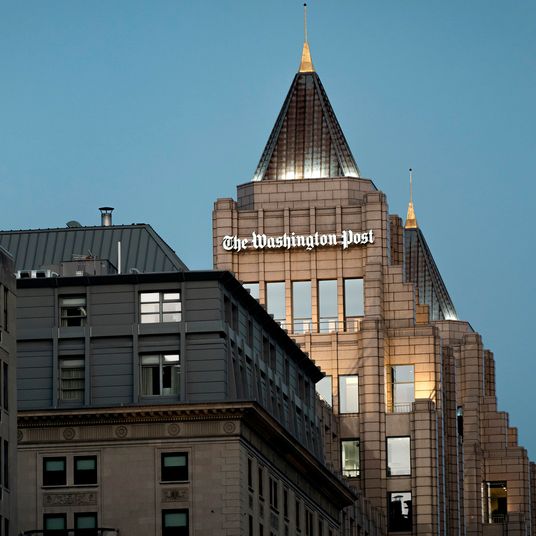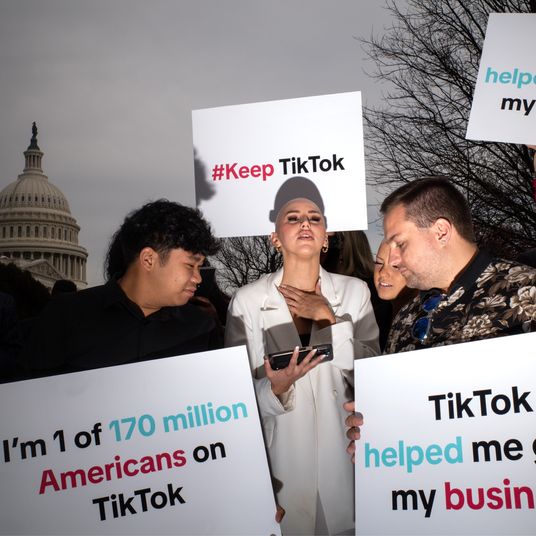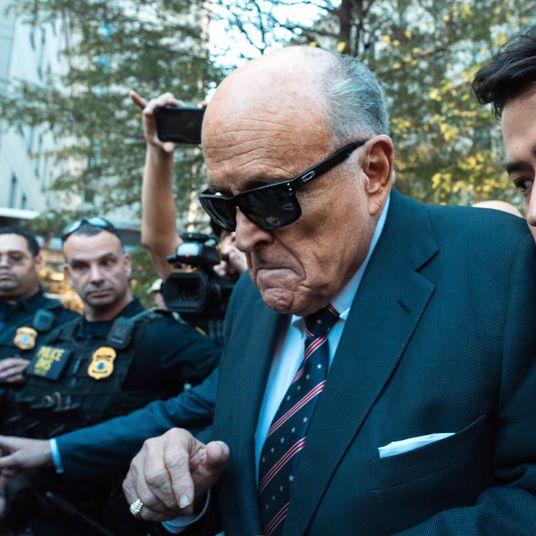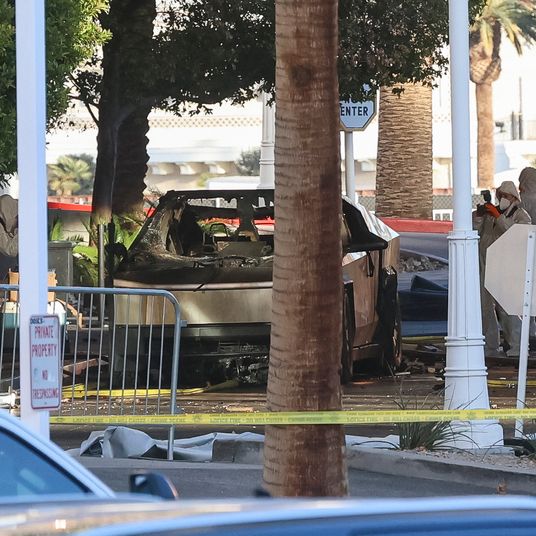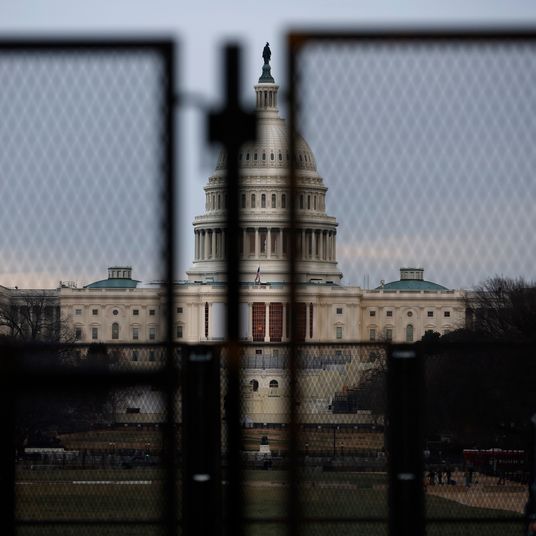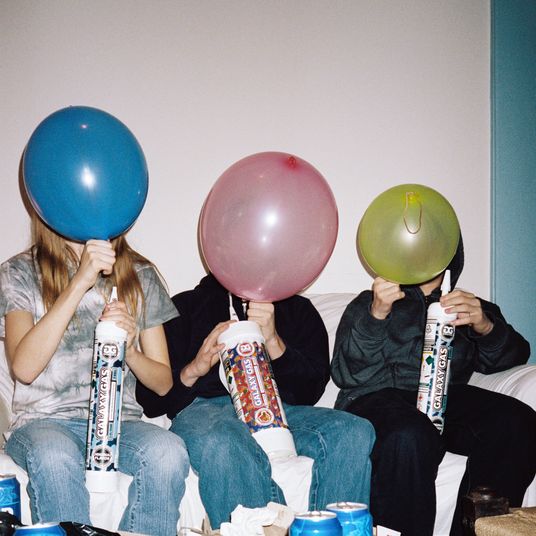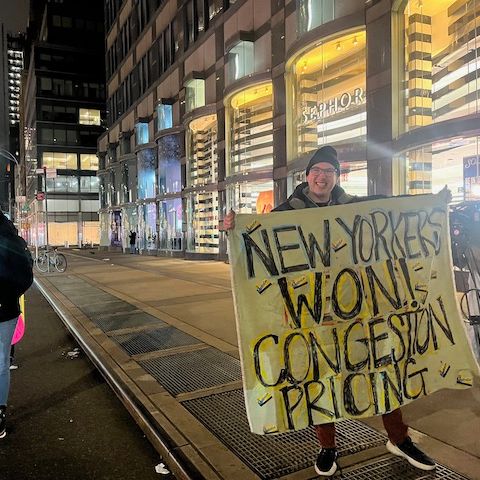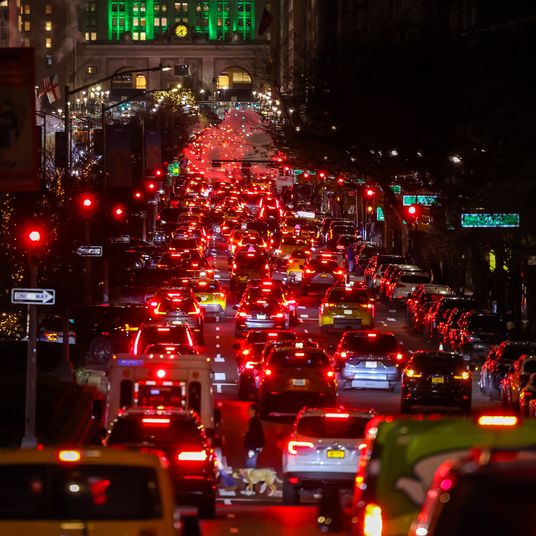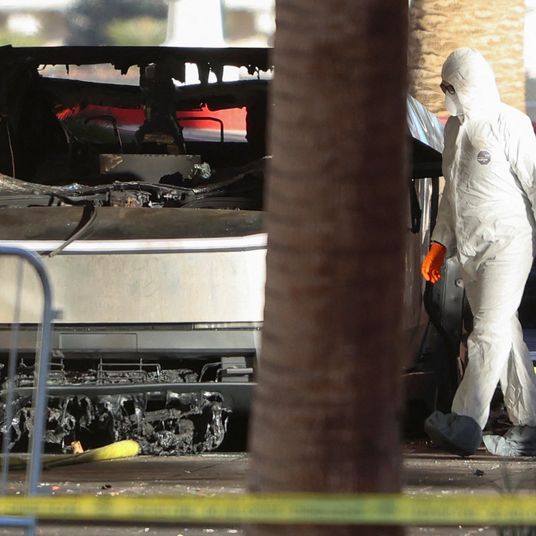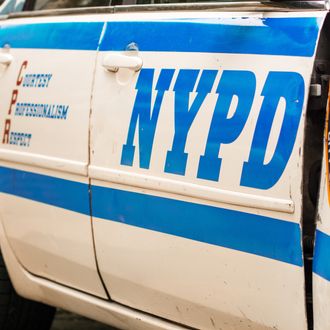
Over two months after Eric Garner’s horrifying death in Staten Island, the Civilian Complaint Review Board (the New York City agency that monitors police misconduct) is releasing a 120-page assessment of the NYPD’s use of chokeholds, and it is not good. According to a copy of the report obtained by the New York Post, the CCRB has seen 1,128 chokehold cases over the last five-and-a-half years, and complaints about the practice “persist and appear to be increasing.” Of course, the use of chokeholds by NYPD officers has been banned for two decades.
The report’s findings include the fact that “Half the officers in chokehold complaints had a history of six or more CCRB complaints, with 25 percent of officers having a history of 10 or more complaints.” (The CCRB says that newer officers are more likely to be accused of using chokeholds.) The review also notes that chokehold allegations most frequently come from East New York (65 in the past five-and-a-half years) and Ocean Hill/Brownsville (52 during the same period).
As has been reported before, an almost insignificant percentage of the chokehold complaints lodged with the CCRB — just 10 since 2009 — have been substantiated, and the worst punishment a cop has received for engaging in the practice was the loss of 10 days of vacation. The agency took some responsibility for that problem, blaming the low conviction rate on “inconclusive evidence” and lenient investigators who decided to label at least 156 chokehold complaints as the less serious “use of physical force.”
The CCRB also called out the NYPD for failing to adequately discipline officers who are repeatedly accused of misconduct. Additionally, the agency said that the NYPD has allowed the definition of a prohibited chokehold to become less rigid. While a chokehold used to be defined as putting pressure on a person’s neck that “may” inhibit breathing, it’s now understood as a situation where someone’s breathing was actually interrupted.
The report called for improvements in the training of all of New York City’s cops, and Police Commissioner Bill Bratton has vowed to make that happen over the next several years. But for now, the CCRB has confirmed what many people have already identified as an ugly state of affairs.









